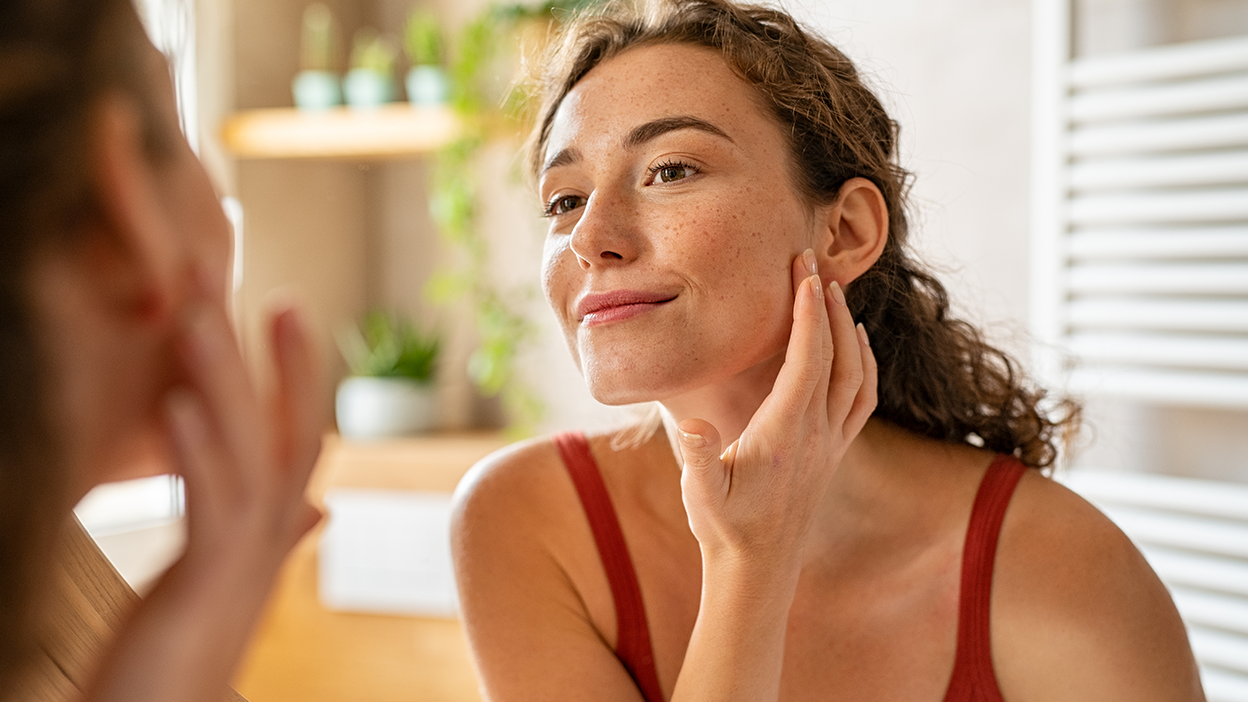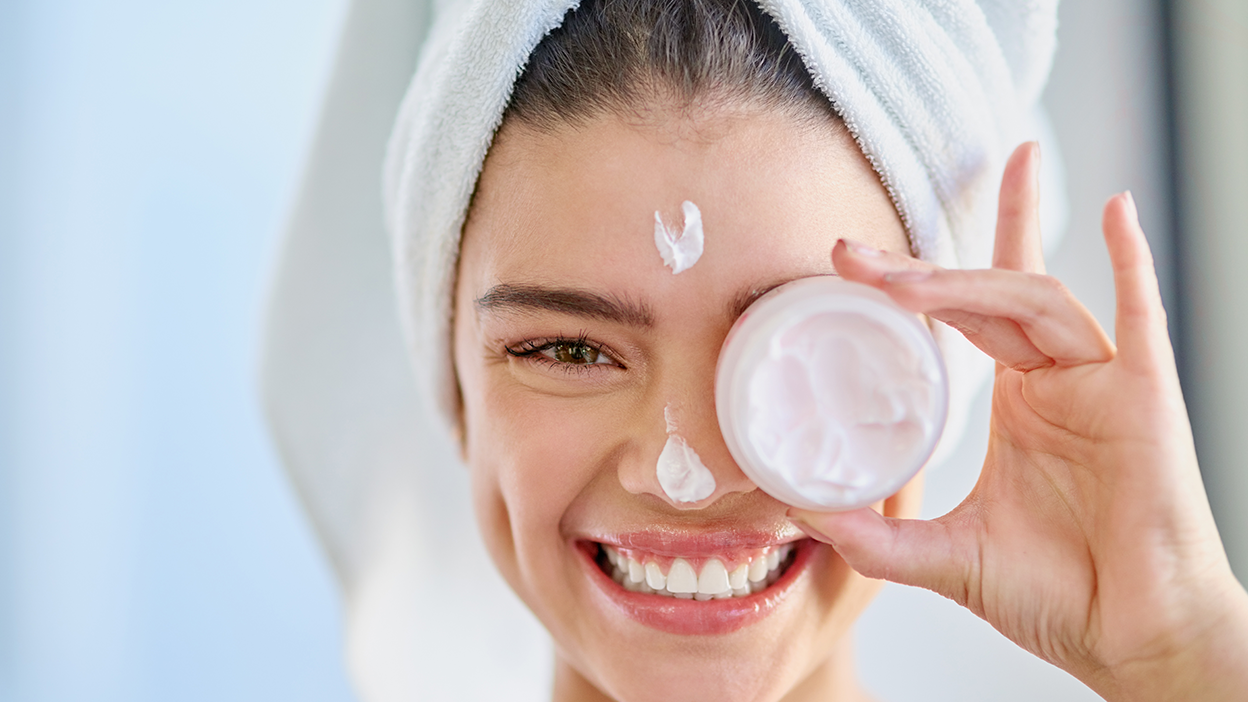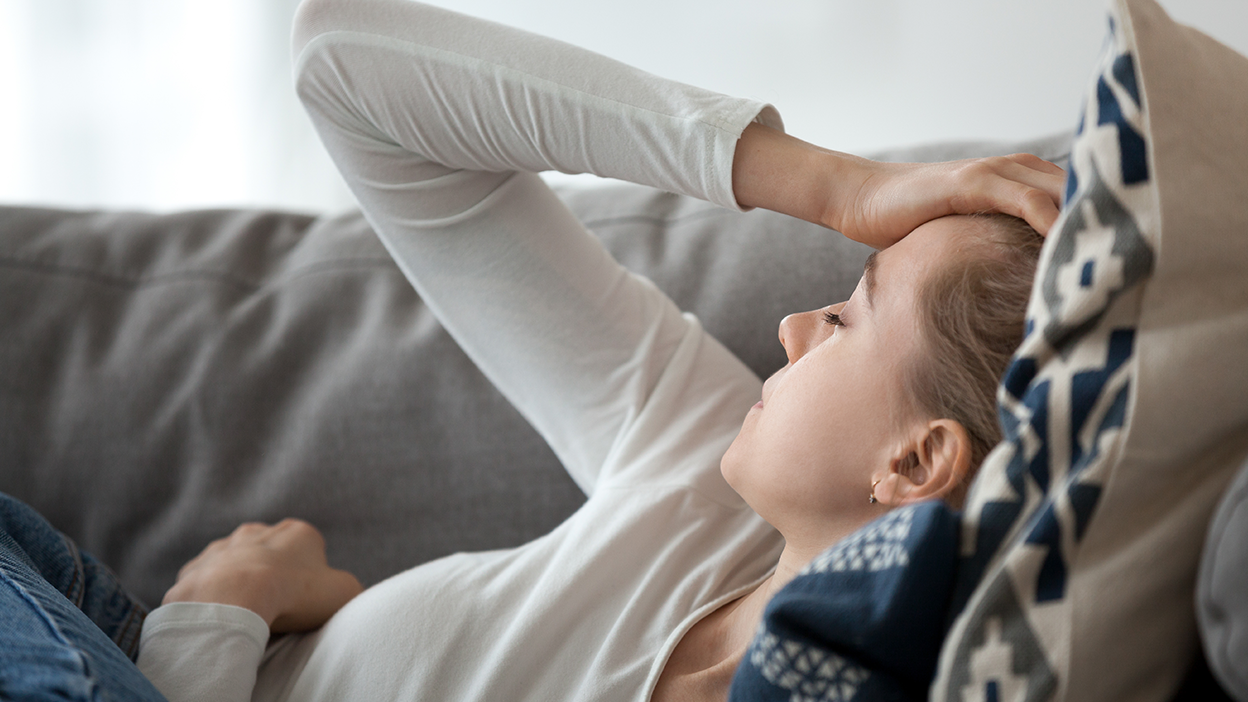Acne: problem and solution
Intro
Acne is a common skin condition that occurs when hair follicles become clogged with oil and dead skin cells. It is characterized by blackheads, whiteheads, pimples, oily skin, and scarring. Acne primarily affects areas of the skin with a high number of oil glands, including the face, upper part of the chest, and back. It's especially common among teenagers, though it can affect people of all ages.
Article
Acne is a common skin condition that occurs when hair follicles become clogged with oil and dead skin cells. It is characterized by blackheads, whiteheads, pimples, oily skin, and scarring. Acne primarily affects areas of the skin with a high number of oil glands, including the face, upper part of the chest, and back. It's especially common among teenagers, though it can affect people of all ages.
Causes of Acne
Acne is most commonly linked to the changes in hormone levels during puberty, but it can start at any age. Certain hormones cause the grease-producing glands next to hair follicles in the skin to produce larger amounts of oil. This excess oil changes the activity of a usually harmless skin bacterium called P. acnes, which becomes more aggressive and causes inflammation and pus.
Other factors contributing to acne can include:
- Genetics: If both your parents had acne, you're likely to develop it too.
- Hormonal changes: Such changes occur during puberty, before a menstrual period, during pregnancy, or when starting or stopping birth control pills.
- Certain medications: Drugs containing corticosteroids, androgens, or lithium can worsen acne.
- Diet: Studies indicate that consuming certain foods, including dairy products and carbohydrate-rich foods, such as bread and chips, might worsen acne.
- Stress: Stress doesn't cause acne, but if you have acne already, stress might make it worse.
Solutions for Acne
- Topical Medications: Over-the-counter (OTC) medications are first-line treatment for mild acne. These include treatments with salicylic acid, which unclogs pores, benzoyl peroxide, which kills acne-causing bacteria, and retinoids, which reduce inflammation and promote cell turnover.
- Prescription Medications: If OTC treatments aren't effective, a dermatologist may prescribe stronger topical retinoids, topical antibiotics to kill bacteria on the skin, or a combination of both.
- Oral Medications: For moderate to severe acne, dermatologists may prescribe oral antibiotics to reduce bacteria and fight inflammation, birth control pills for women with acne that comes with menstrual cycles, and isotretinoin for severe acne that doesn't respond to other treatments.
- Procedures: Dermatologists may use special procedures to treat acne, such as light therapy, chemical peels, or extraction of whiteheads and blackheads.
- Lifestyle Changes: Alongside medical treatments, lifestyle changes can also improve acne. This includes regular cleansing, using non-comedogenic products, eating a healthy diet, reducing stress, and avoiding picking at pimples.
Acne can often cause emotional distress and scar the skin. The earlier you start treatment, the lower your risk of lasting physical and emotional damage. So, it's important to see a dermatologist if self-care remedies don't clear your acne.







